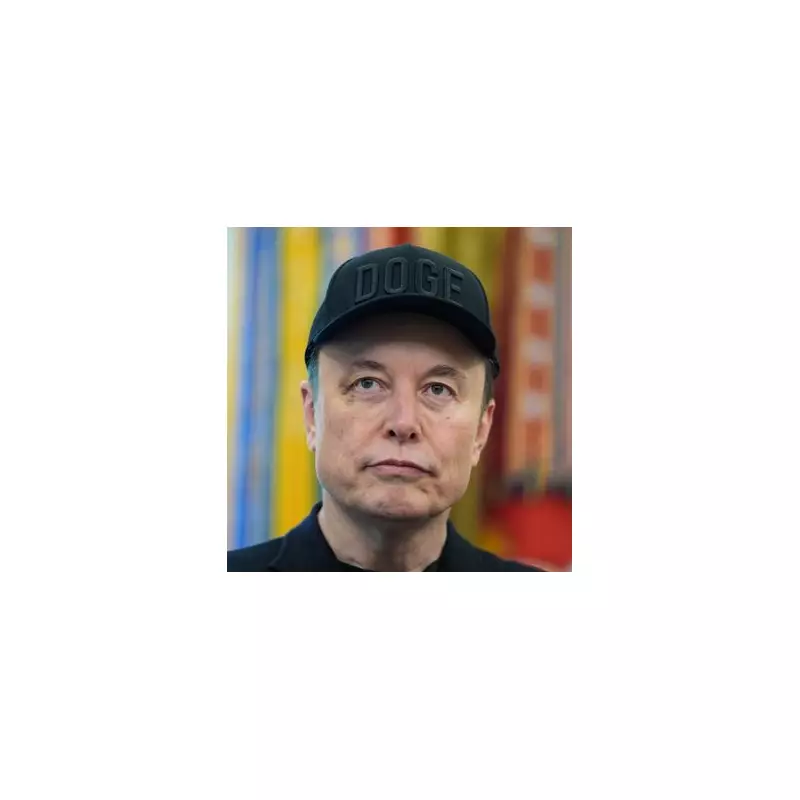
In a blistering assessment that has sent shockwaves through Whitehall, the UK's first-ever Chief Technology Officer has declared the government's digital infrastructure "hopelessly out of date" and desperately in need of radical modernisation.
Mark Russinovich, the renowned tech expert appointed by Rishi Sunak's government, didn't mince words when describing the current state of affairs. The Azure CTO and Microsoft technical fellow painted a picture of a technological dark age gripping Britain's public services.
A System Stuck in the Past
Russinovich highlighted how critical systems, including those processing sensitive information like criminal records, are still reliant on paper-based processes. This astonishing revelation points to a digital divide between government operations and the modern world.
"The systems that are being built today are being built with technology from decades ago," Russinovich stated, emphasising how this technological lag creates unnecessary complexity and inefficiency throughout government operations.
The Human Cost of Technological Failure
The consequences extend far beyond mere inconvenience. Russinovich pointed to the heartbreaking case of the Post Office Horizon scandal as a prime example of what happens when technology fails and accountability disappears.
"We have to learn from these experiences," he urged, stressing that proper oversight and modern systems could prevent similar tragedies from occurring in the future.
A Blueprint for Digital Transformation
Russinovich's solution involves embracing cutting-edge technologies like artificial intelligence and cloud computing to streamline operations and improve service delivery. His vision includes creating a comprehensive "blueprint" for how technology should be implemented across all government departments.
The tech chief also emphasised the importance of attracting and retaining top digital talent within government, suggesting that the current systems make it difficult to compete with private sector opportunities.
As the UK struggles to maintain its competitive edge in an increasingly digital world, Russinovich's appointment and frank assessment may represent a turning point in how Britain approaches technology in public service.





